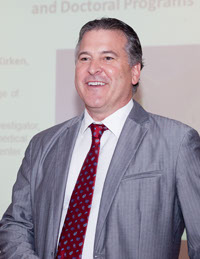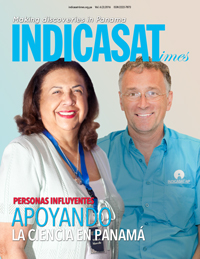

POSITIVE AND NEGATIVE REGULATION OF JANUS KINASE 3 AND ASSOCIATED SIGNALING MOLECULES REVEAL NEW THERAPEUTIC STRATEGIES IN THE TREATMENT OF HUMAN DISEASES
Robert A. Kirken
Department of Biological Sciences, The University of Texas at El Paso, USA
Janus tyrosine kinase 3 (Jak3) is important for normal immune function. Jak3 expression is primarily confined to hematopoietic cells and activated by cytokines such as Interleukin (IL)-2, (IL-4) and IL-7 .
Defects in Jak3 for humans and mice can result in a severe combined immunodeficiency syndrome. Unlike the other three members of the Jak family, Jak3 is almost exclusively expressed in leukocytes. Its restricted pattern of expression has made it an attractive therapeutic target for regulating immune function and certain types of diseases such as graft versus host disease, autoimmune disorders as well as leukemia and lymphoma where hyperactivated Jak3 might contribute to an oncogenic phenotype. Recent data indicate that certain viruses or mutations in Jak3 can cause it to be constitutively active and promote uncontrolled cell growth.
These mutations have been identified throughout the molecule, including its kinase domains. Moreover, the list of activating mutations in human Jak3 continues to grow. Because of the central role in Jak3, a molecule originally identified by our group and colleagues, we have been very interested in understanding the regulation of Jak3, its substrates, and downstream cell survival and proliferative genes dependent on this effector cascade. Given its therapeutic potential we have sought to identify novel small molecules that disrupt or prevent Jak3 activation in order to control diseases such as leukemia and lymphoma which will be discussed. More recent work has identified novel tyrosine, serine and threonine phosphorylation sites within the Jak3 regulatory system that might serve to regulate this activity and control certain diseases such as cancer. Such work opens the door for precision medicine. Efforts are now underway to better understand this complex interplay of signaling molecules in disease, with a specific emphasis on the Hispanic population. An explanation of past and future work will be discussed.
Tel: (507) 5170700 - Fax: (507) 5070020 - EFax: (507) 5170701 | INDICASAT - AIP | Edificio 219, Ciudad del Saber | Clayton, Apartado 0843-01103 | Panamá 5 Panamá, Rep. de Panamá.
© Copyright 2014. INDICASAT AIP. Todos los derechos reservados.







